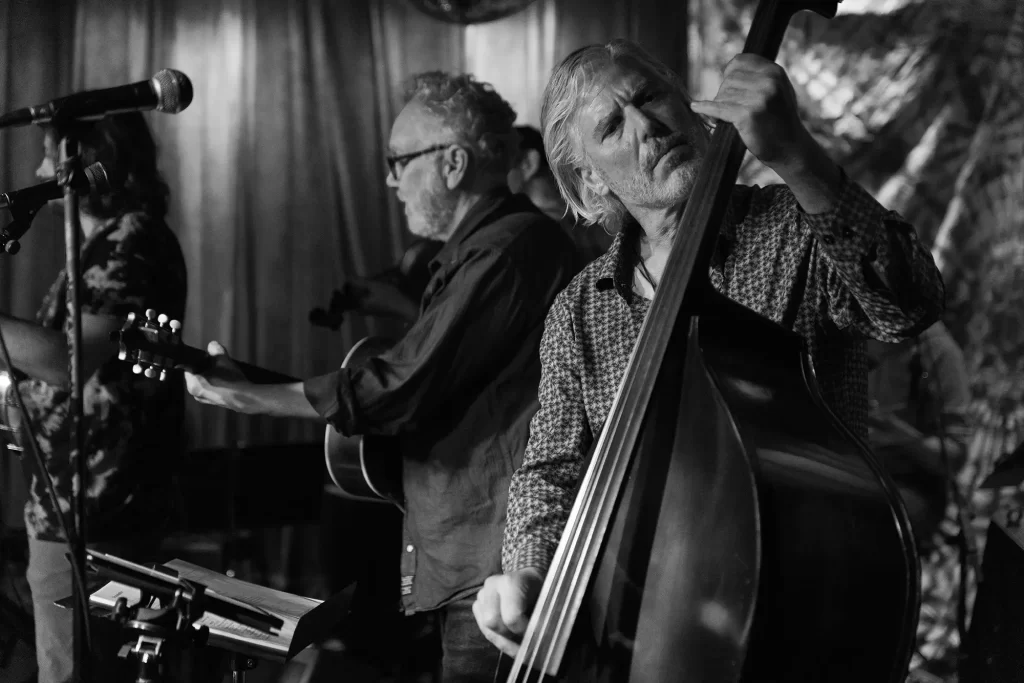
One of the most valuable tools for growth in photography—both personally and professionally—is the self-assignment. It’s a simple concept: identify what you struggle with the most, and turn it into a focused goal. This approach can be transformative.
I learned this lesson early in my career, thanks to some incredible mentors during my time at the Cape May Photo Workshop. I had the privilege of learning from Matt Mahurin, along with the late ledgendary Bert Stern and Art Kane. Their advice was clear: take an honest look at your work, figure out what’s holding you back, and face it head-on.
At that point, my weaknesses were photographing people and working in black and white.
Bert and Art didn’t let me shy away from that. They sent me into the streets with a challenge—talk to strangers and photograph them. It was intimidating at first. I wasn’t used to putting myself out there, asking for a portrait from someone I’d never met. The discomfort was worth it. That experience laid the foundation for my work in weddings and portrait photography. I learned to connect with people, to observe quickly, and to capture something real.
At the same time, Matt’s assistant taught me how to process black and white film, while Matt himself opened my eyes to a different way of seeing; shifting my focus from color to tone, teaching me how to recognize depth, contrast, and detail in a completely new way. Printing those images helped reinforce what I’d learned and made me pay close attention to every part of the image-making process.
No matter where you are in your journey with photography, try this: identify your weakest area and make it your next assignment.
If people make you nervous, go out and photograph them. If you’ve never tried landscapes, give it a shot. Even something like on-camera flash, which can seem simple, can become a powerful learning tool when explored with intention.
Take time to reflect on your work. Be honest about what could be better. Then give yourself a challenge to improve it.
For me, this habit of self-assignment didn’t just make me a better photographer. It gave me a great career.





